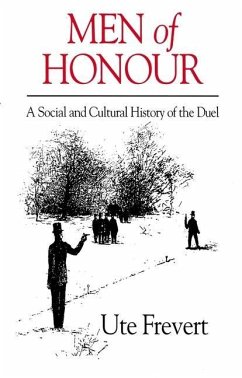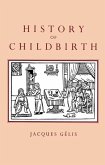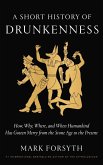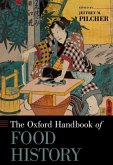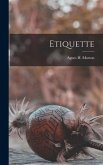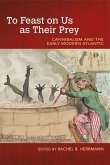Men of Honour is a wide-ranging account of the duel and its significance, from the early modern period to the twentieth century. Ute Frevert challenges the conventional view that the practice of settling disputes by duelling had died out in Europe by the end of the nineteenth century. Focusing on Germany, she draws on newspaper reports, archives and biographies to show that duelling continued to be practised widely among the bourgeoisie and nobility until at least the First World War, and even later. Frevert discusses the social function of the duel and the changes it underwent between the early modern period and the twentieth century. She describes the men who took part - from young students to officers of rank, from famous writers and poets to mature noblemen - and illustrates the different times and places they chose for their combat. She explores the meaning of the duel for the participants, and in particular the ideal of "honor" among men which compelled so many to put their lives at great risk. Men of Honour is a detailed and vivid account of the male self-images and modes of behavior in bourgeois society. It will be welcomed by students and researchers in social and cultural history, and by anyone interested in the history of duelling.
Hinweis: Dieser Artikel kann nur an eine deutsche Lieferadresse ausgeliefert werden.
Hinweis: Dieser Artikel kann nur an eine deutsche Lieferadresse ausgeliefert werden.

